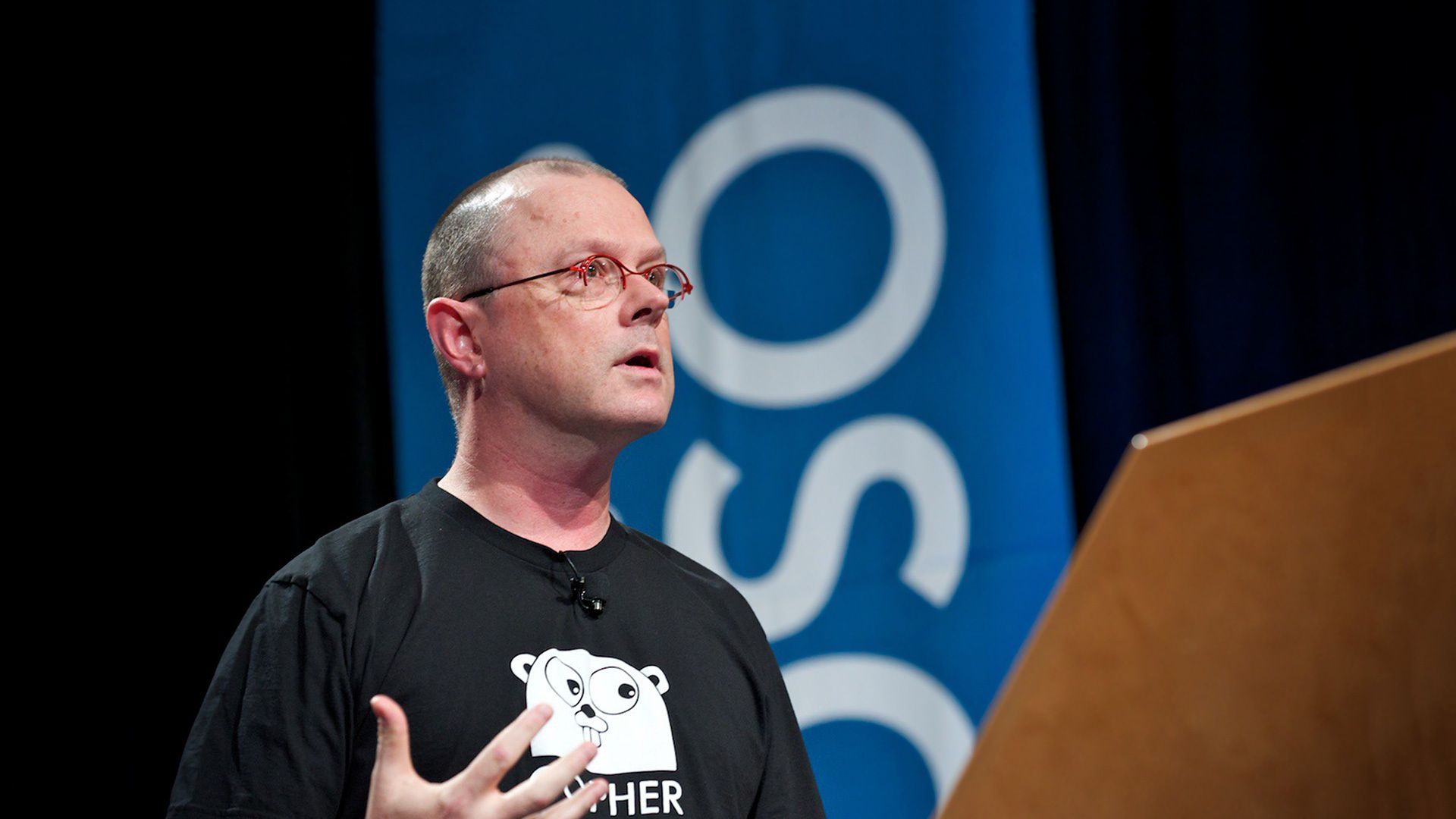1,402 reads
“Go Has Indeed Become The Language Of Cloud Infrastructure“ - Rob Pike
by
September 6th, 2020
About Author
Comments
TOPICS
THIS ARTICLE WAS FEATURED IN
Related Stories
104 Stories To Learn About Go
May 03, 2023
104 Stories To Learn About Go
May 03, 2023
